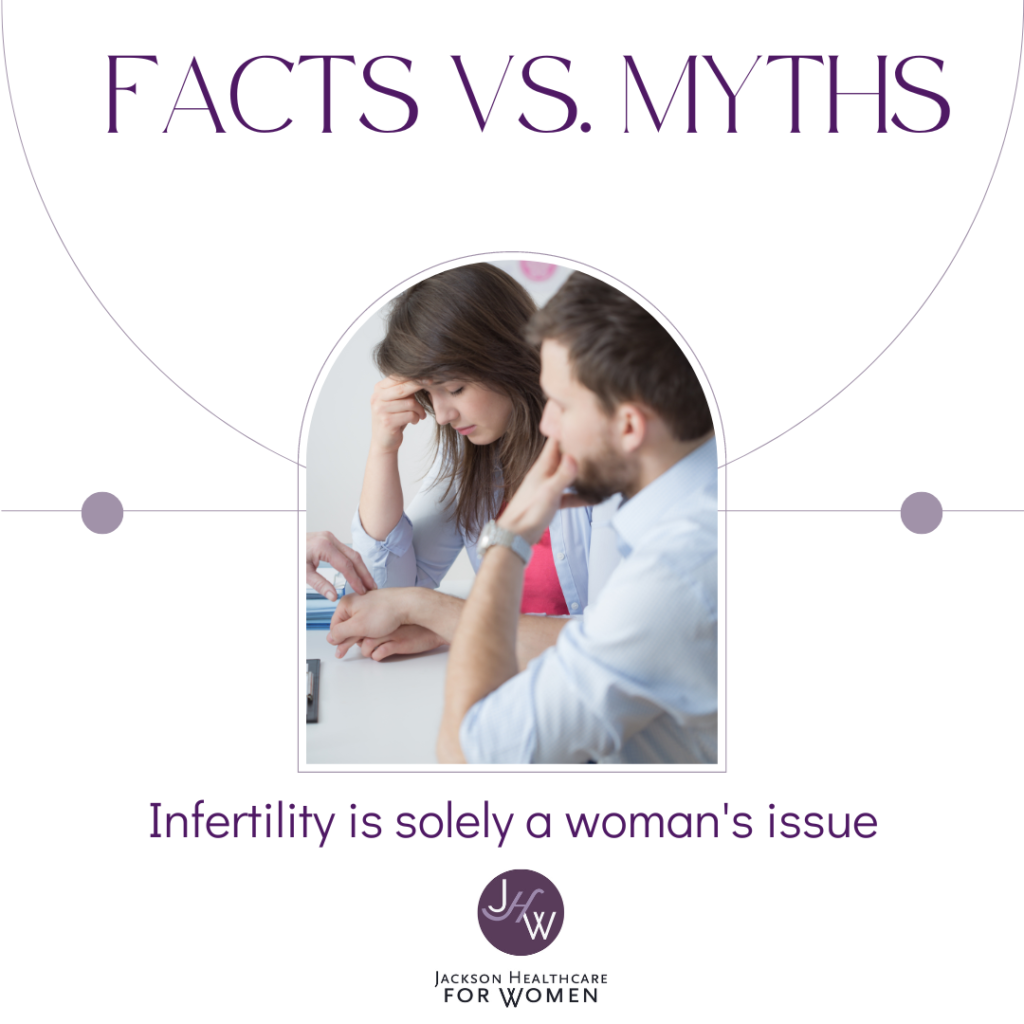Introduction
Fertility myths are everywhere. People who are trying to conceive often hear stories or rumors about what causes infertility, how long they should wait before seeking treatment, and other general information about their situation. The problem is that many of these myths are simply untrue — and can result in unnecessary pressure for couples who want to have a baby. So, let’s dispel some of these common misconceptions!
Myth: Only people in their late 30s and early 40s struggle with infertility.
Infertility can affect anyone, at any age. It’s more common in women over 35 and men of any age who have a partner that is under 35 years old and have been trying to conceive for 12 months or longer. Infertility affects 1 in 8 couples, but it’s still often stigmatized as being a woman’s problem alone–which makes it harder for men who are going through it to get support from friends and family members who don’t know what they’re going through.
Myth: Infertility only affects women.
Infertility can affect both men and women. Men can have low sperm count or poor sperm quality, problems with their reproductive organs, hormone levels or immune systems.
It’s also worth noting that lifestyle choices can affect sperm counts: things like smoking, drinking alcohol or taking drugs may lower the quality of the sperm produced by men who indulge in these activities; having sex too often or at odd hours might also affect fertility since it raises hormone levels in both males and females in ways that make conception more difficult; being overweight can negatively impact fertility because excess weight puts increased stress on internal organs as well as making it harder for blood vessels carrying nutrients through those organs’ walls–all of which leads us back around again toward health problems affecting reproductive function.
Myth: I can’t get pregnant because I’m overweight.
The truth is, though it’s true that obesity is a risk factor for infertility, it’s not because your weight has anything to do with your ability to get pregnant.
In fact, a woman’s weight does not affect her ability to conceive or carry a child successfully–it only makes it harder for her body to sustain pregnancy once she becomes pregnant. Researchers believe this is due primarily to an increase in insulin resistance (IR), which affects both men and women but seems especially relevant among those suffering from obesity-related diseases such as Type 2 diabetes mellitus (DM2). Diabetes affects about 30% of Americans today; if you have been diagnosed with DM2 or are at risk for developing the condition due to family history or lifestyle factors like diet and exercise habits then you may want talk with your doctor about how best tackle these issues before trying for another baby!
Myth: Infertility is caused by just one thing.
The problem is that infertility is a complex issue, and it’s not caused by just one thing. In fact, there are many causes of infertility.
If you’re having trouble getting pregnant and have been diagnosed with “female” or “male” factor infertility (meaning your doctor thinks the issue lies with your partner), it can be helpful to know that there may be other factors involved as well including chronic conditions that often go undiagnosed until a couple is trying to conceive, like endometriosis and Polycystic Ovarian Sydrome (PCOS).
Myth: Infertility is easy to detect. If you’re not getting pregnant, you don’t need fertility treatment right away.
Infertility is not something you can detect on your own. Testing is important to rule out the most common causes of infertility, and it’s also not expensive or time-consuming. It can be done in a doctor’s office, and many insurance companies cover fertility testing.
If you’re concerned about whether you’ll need fertility treatment right away, don’t worry: most people who are having trouble getting pregnant don’t need immediate help from their doctors (and if they do need help, there are plenty of options). However, it’s worth consulting with an expert at some point so that both partners understand what’s going on with their bodies and how best to deal with any issues that arise later.
There are many myths about infertility and its causes — which can lead to pressure on couples who are trying to conceive.
If you’re worried about infertility, talk to your doctor. They’ll be able to tell you whether there’s anything wrong with either partner or if there might be an underlying condition causing it.
In addition, don’t worry too much about getting pregnant right away — fertility doesn’t work like that! Many women take longer than others to conceive, so there’s no need for alarm if it takes more than one cycle of trying before you get pregnant.
Conclusion
We hope this article has helped you to better understand the causes of infertility and how it affects people from all walks of life. If you’re interested in learning more about how we can help with your fertility testing, contact us today!
About Jackson Healthcare for Women
Jackson Healthcare for Women is Mississippi’s leading provider of health care services for women. With 15 physicians on staff, Jackson Healthcare for Women is one of the largest and most respected women’s healthcare clinics in the area.

